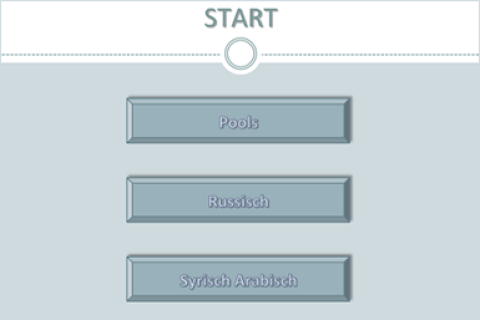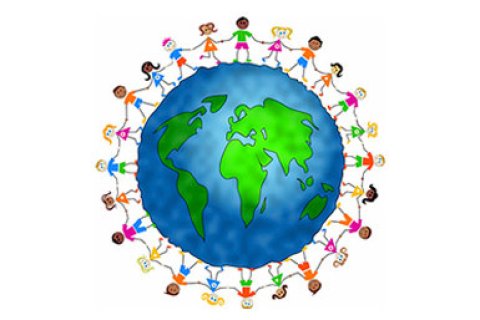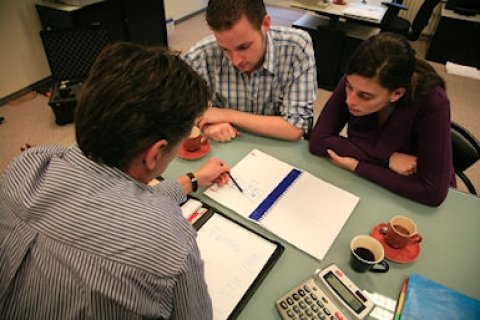Sharing Knowledge
Institute for Language Sciences researchers want to share their knowledge with parties outside of the academic world, for instance about bilingualism and comprehensible language.

Mother tongue in education of Dutch as a second language
The recent arrival of new migrants in the Netherlands has generated a wave of attention for education in Dutch as a second language. The current state of affairs is that teachers do not take the mother tongue of migrants into account in their classes. Teachers indicate that they are in need of more applicable knowledge. The project ‘Mother tongue in education of Dutch as a second language’ provides them with such knowledge by means of an app listing the crucial differences between Dutch and the first languages that teachers come across most often. The app includes exercises to train these aspects of Dutch specifically.
For more information, please contact Dr Sterre Leufkens or visit the website Moedertaal in NT2 (in Dutch).

Language and Migration
The diversity of origins of migrants is ever increasing and societies become more multilingual. As a result, linguistic and cultural differences become more prominent in diverse societal domains and institutions, such as education, the judicial system, and healthcare. The ‘language and migration’ project group is interested in the effects of migration on language structure and language use in various societal domains, as well as in linguistic factors that contribute to either successful or unsuccessful accommodation between migrants and the receiving society.
For more information, please contact Dr Jacomine Nortier.

Bilingualism
Ever wondered how children learn two languages at once? Or whether there’s an optimal age to start learning a second language? These are just some of the questions being addressed in the workshops on bilingualism and raising bilingual children by the Growing up Bilingual team, including Dr Manuela Pinto and Dr Ivana Brasileiro.
More information for parents, teachers and others interested in bilingual children can be found at the Growing up Bilingual website: www.growingupbilingual.org.
Linguistic and cultural diversity in primary school
Children growing up in multilingual environments face a critical period in the transition from the family home to the school environment. In the context of the interdisciplinary European project ‘Transitions and multilingualism’ (TRAM), we organise workshops to provide primary school teachers with the knowledge of language and cultural diversity, intercultural competences and first and second language(s) acquisition that helps them understand their multilingual pupils and their parents. These workshops are also attended by stakeholders concerned with the management of linguistic and cultural diversity in a school setting.
For more information, please contact Dr Emmanuelle Le Pichon or Dr Sergio Baauw.

Comprehensible language
According to the Dutch government, comprehensible language - or rather the lack of it - is one of the top 10 bottlenecks for organisations in serving clients and citizens. Banks, hospitals and numerous other organisations work at improving the comprehensibility of their messages to the public. But what do we really know about what makes texts and documents readable and usable? Our researchers study these matters in the Comprehensible Language programme of the Netherlands Organisation for Scientific Research (NWO). In the context of this programme they have developed, among other things, the Knowledge Base Comprehensible Text, which contains hundreds of empirical studies in text and document comprehension.
Examples of projects on comprehensible language:
- Voting advice via intranet: how do voting advice applications affect what we vote? This research was conducted by, among others, Dr Bregje Holleman and Dr Naomi Kamoen, in collaboration with societal partners including KiesKompas, Gemeente Utrecht and the Scientific Council for Government Policy (WRR).
- A validated reading level tool for Dutch. This research was led by Prof. Ted Sanders and Dr Henk Pander Maat and conducted in collaboration with the Nederlandse Taalunie and Citogroep.

